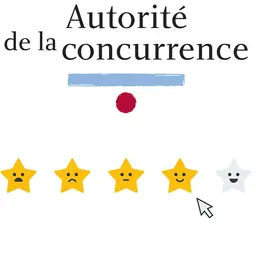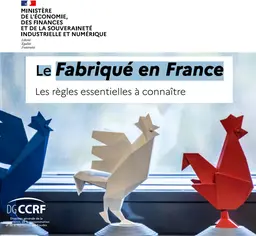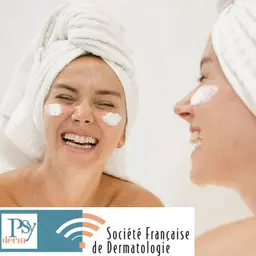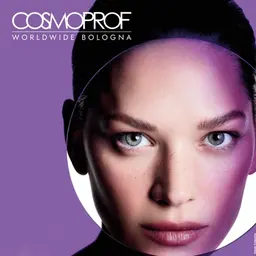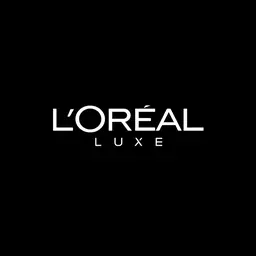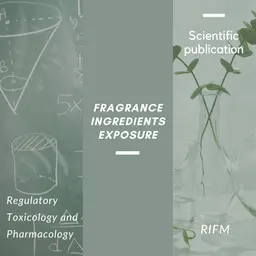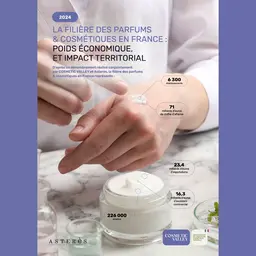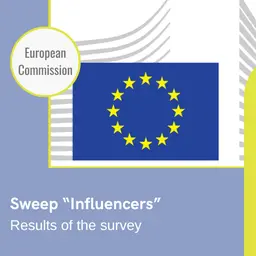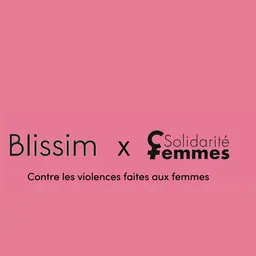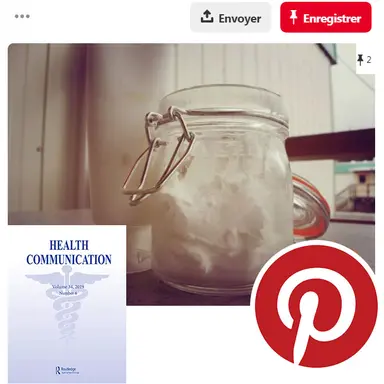
Social media have changed the way people seek and share health information. Recent consumer interest in natural, organic, and ethically-made personal care products has led to an increase of shared recipes for homemade products including sunscreen. Beware : a recent study published in the Journal Health Communication examined how homemade sunscreens were portrayed on social media and concluded that they were, at best, insufficiently protective, at worst dangerous to skin and health.
This study used directed content analysis to examine how homemade sunscreens were portrayed on Pinterest. Using the search terms, homemade sunscreen and natural sunscreen, researchers sampled every fifth pin to collect 189 relevant pins.
Of the 189 pins, the majority of pins (95.2%) positively portrayed the effectiveness of homemade sunscreens and 68.3% recommended recipes for homemade sunscreens that offered insufficient UV radiation protection.
Sun Protection Factor (SPF) claims were made in 33.3% of pins with a range of SPF 2 to SPF 50.
In this sample of pins, 41.8% of pins had been saved by other users ranging from one to more than 21,000 times.
“The internet is a great place for families to go to for recipe inspiration and arts and crafts projects, but not necessarily for making their own safety-related things,”” said Lara McKenzie, PhD, co-author of this study. “Homemade sunscreen products are risky because they are not regulated or tested for efficacy like commercial sunscreens. When you make it yourself, you don’t know if it’s safe or effective.
The use of effective broadband sunscreen is critical to reduce incidence of skin cancer, the authors of this study also point out, encouraging public health professionals to proactively communicate on social networks.
For further information
• See the study Pinterest Homemade Sunscreens: A Recipe for Sunburn, Julie Williams Merten, Kristi J. Roberts, Jessica L. King & Lara B. McKenzie (2019), Health Communication, DOI: 10.1080/10410236.2019.1616442

